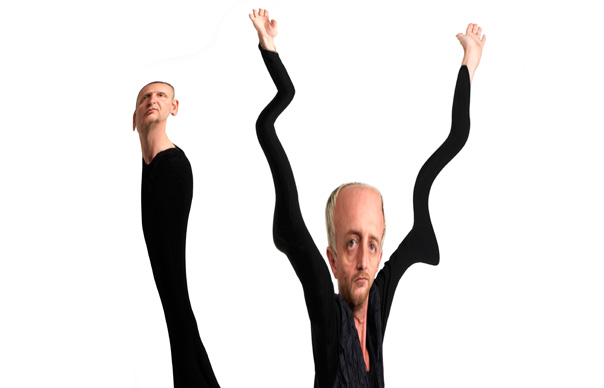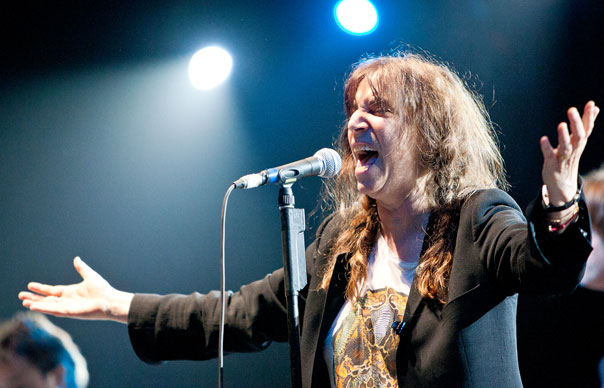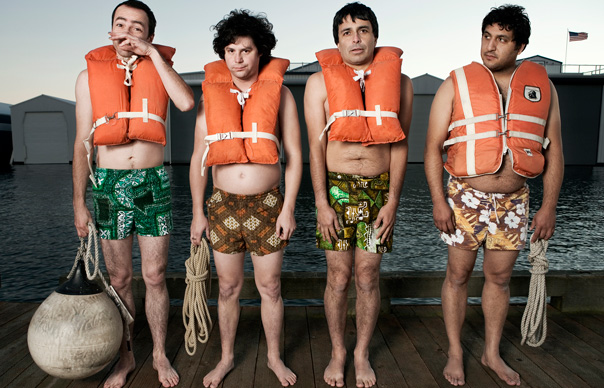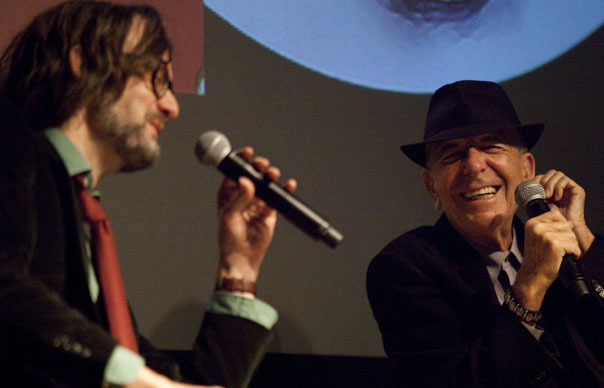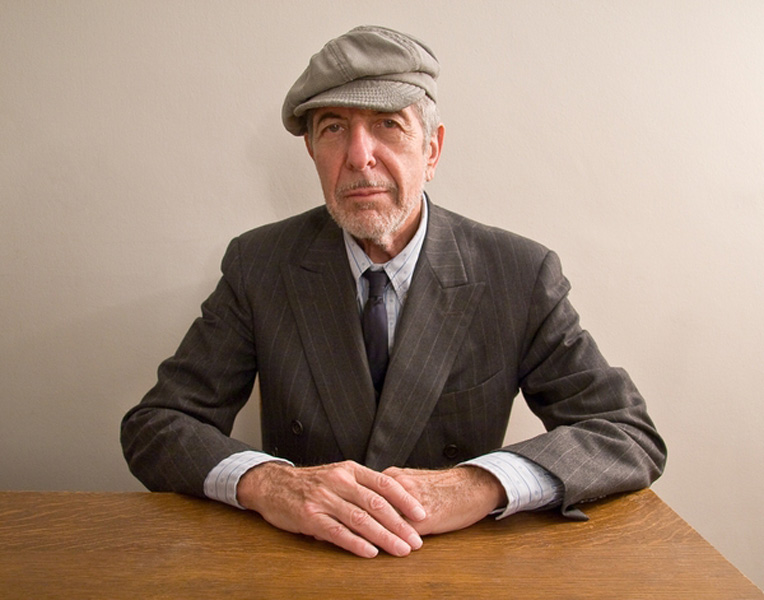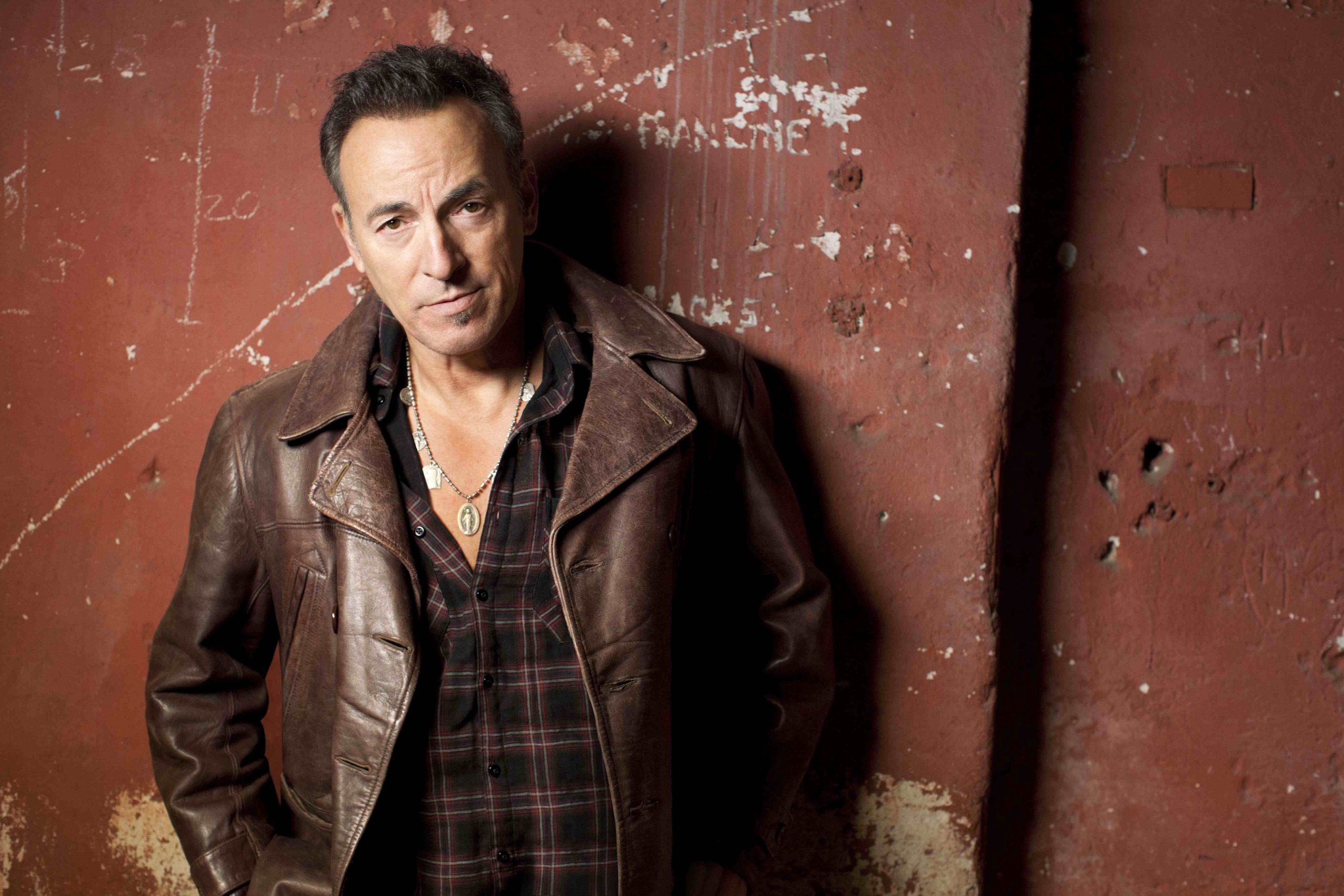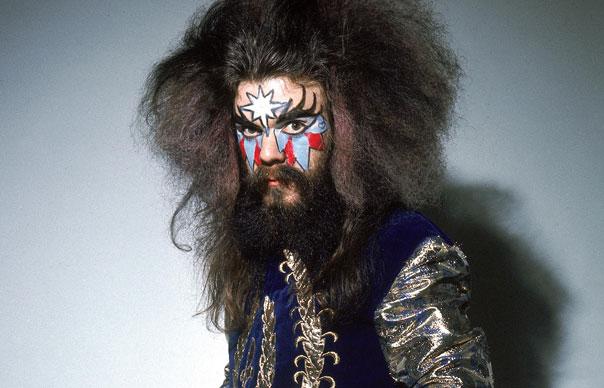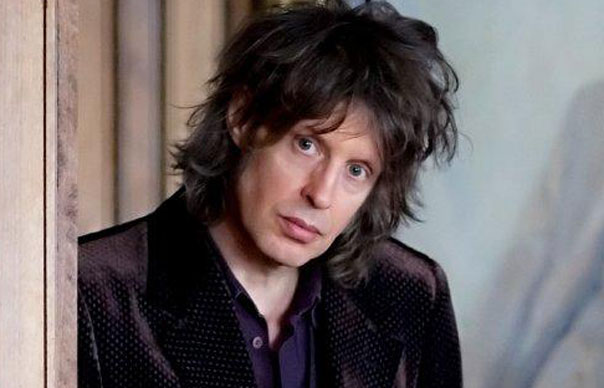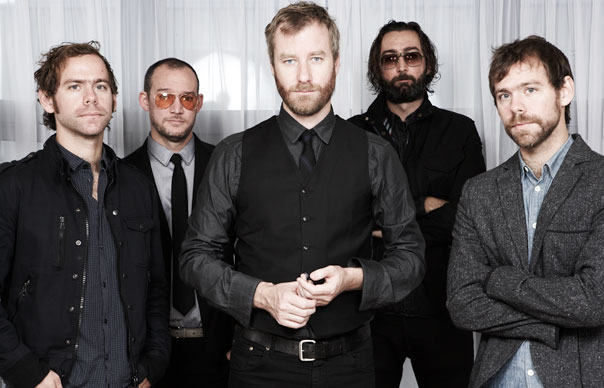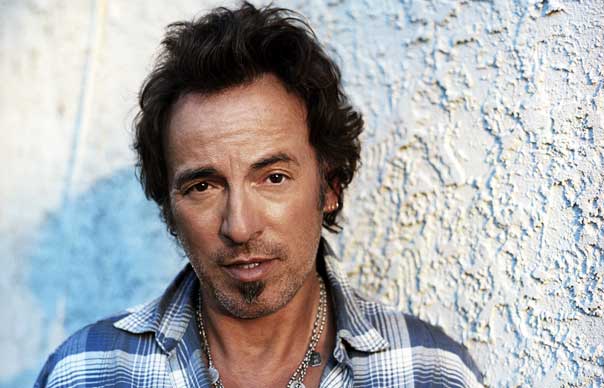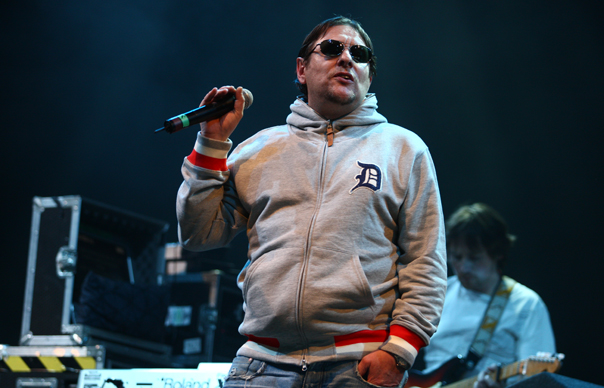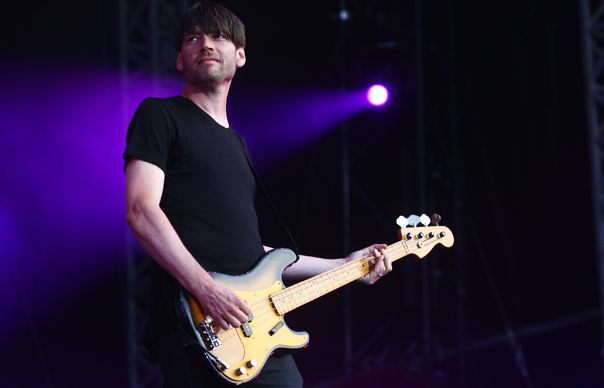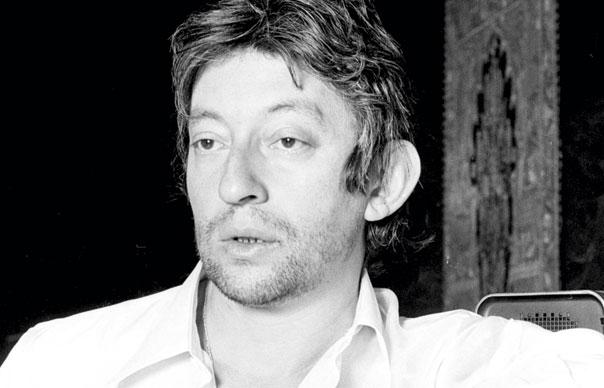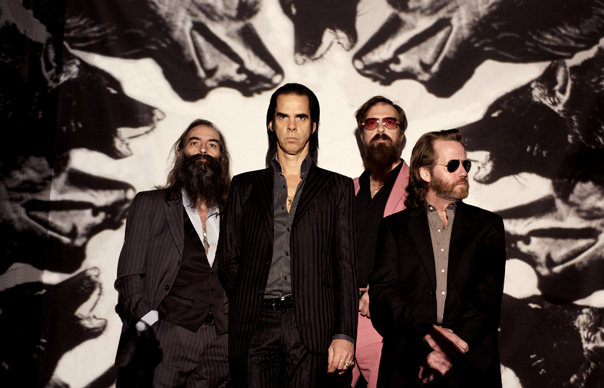It would be nice – and indeed, it’s sometimes professionally expedient – to pretend that we all work in splendid isolation, following our own idiosyncratic paths in directions that no other journalists travel. Of course, that’s not always the case, and one of the uses of music biz social media is to reveal inadvertent hiveminds, as the same records arrive more or less simultaneously in magazine offices across, at the very least, London. In the past two or three days, it’s been possible to plot the progress of Orbital’s new album, “Wonky”, as a succession of writers and editors find it in their post, play it and, to their delighted amazement, discover it’s a more or less magnificent return to form. Romantically, one could posit this collective pleasure as a middle-aged, virtual reconstruction of the elated sense of community Orbital generated in their ‘90s heyday. From a distance, it smells suspiciously of nostalgia. “Wonky”, though, is much stronger than that. It might be an album that recaptures the voluptuous, saturated melodies and rave epiphanies of the Hartnoll brothers at their peak, but it also proves the enduring flexibility of Orbital’s work. In other words, these nine surging and elaborate tracks don’t just work as rave throwbacks. As with my favourite Orbital albums (the Green and Brown pair, and especially “Snivilization” and “In Sides”), “Wonky” has already provided a heroic soundtrack in the last 24 hours for a varied bunch of occasions: an implausibly dynamic blast through some marketing business; a lively breakfast with small boys; and, most suitably of all, a night-time walk through the more architecturally grandiose bits of The City. “Stringy Acid”, I can reveal, sounds astonishing at the foot of the Gherkin. In the mid-‘90s, I suppose none of this would be news. Orbital’s blend of Detroit techno, widescreen film scores, the precise romance of Kraftwerk and a peculiarly maximalist take on systerms music seemed so rich and consistent, they could do little wrong. Subsequently, though, a string of ill-starred collaborations and distinctly wacky conceits lead to some very sub-par albums and an early 21st Century hiatus. Why expect much of “Wonky”, when even the title promised a certain sci-fi nerd quirkiness that was never their strongest point? As it turns out, “Wonky” is solid, complex and hugely rewarding. The first two tracks, “One Big Moment” and “Straight Sun”, sound like they could have been lifted from “Snivilization”. There are only two guest vocalists: a slightly blustery Zola Jesus on “New France”; and, in the biggest concession to the passage of time, British MC Lady Leshurr adding Nicky Minaj-like battle raps to the clanking, ecstatic title track. Two tracks, though, best showcase the potency of this hugely enjoyable album, and illustrate the surprising news that Orbital’s formula has dated much less than those of many of their contemporaries. “Stringy Acid” sounds ready-made for Glastonbury 2013, a pulsating sequel of sorts to “Impact USA”. The closing “Where Is It Going?”, meanwhile, seems like an attempt to compress the symphonic gallop of “Out There Somewhere” (from “In Sides”) into an anthem to play alongside “Chime”. Remarkably, they pull it off. April 1, apparently. Follow me on Twitter: @JohnRMulvey
It would be nice – and indeed, it’s sometimes professionally expedient – to pretend that we all work in splendid isolation, following our own idiosyncratic paths in directions that no other journalists travel.
Of course, that’s not always the case, and one of the uses of music biz social media is to reveal inadvertent hiveminds, as the same records arrive more or less simultaneously in magazine offices across, at the very least, London. In the past two or three days, it’s been possible to plot the progress of Orbital’s new album, “Wonky”, as a succession of writers and editors find it in their post, play it and, to their delighted amazement, discover it’s a more or less magnificent return to form.
Romantically, one could posit this collective pleasure as a middle-aged, virtual reconstruction of the elated sense of community Orbital generated in their ‘90s heyday. From a distance, it smells suspiciously of nostalgia. “Wonky”, though, is much stronger than that. It might be an album that recaptures the voluptuous, saturated melodies and rave epiphanies of the Hartnoll brothers at their peak, but it also proves the enduring flexibility of Orbital’s work.
In other words, these nine surging and elaborate tracks don’t just work as rave throwbacks. As with my favourite Orbital albums (the Green and Brown pair, and especially “Snivilization” and “In Sides”), “Wonky” has already provided a heroic soundtrack in the last 24 hours for a varied bunch of occasions: an implausibly dynamic blast through some marketing business; a lively breakfast with small boys; and, most suitably of all, a night-time walk through the more architecturally grandiose bits of The City. “Stringy Acid”, I can reveal, sounds astonishing at the foot of the Gherkin.
In the mid-‘90s, I suppose none of this would be news. Orbital’s blend of Detroit techno, widescreen film scores, the precise romance of Kraftwerk and a peculiarly maximalist take on systerms music seemed so rich and consistent, they could do little wrong. Subsequently, though, a string of ill-starred collaborations and distinctly wacky conceits lead to some very sub-par albums and an early 21st Century hiatus. Why expect much of “Wonky”, when even the title promised a certain sci-fi nerd quirkiness that was never their strongest point?
As it turns out, “Wonky” is solid, complex and hugely rewarding. The first two tracks, “One Big Moment” and “Straight Sun”, sound like they could have been lifted from “Snivilization”. There are only two guest vocalists: a slightly blustery Zola Jesus on “New France”; and, in the biggest concession to the passage of time, British MC Lady Leshurr adding Nicky Minaj-like battle raps to the clanking, ecstatic title track.
Two tracks, though, best showcase the potency of this hugely enjoyable album, and illustrate the surprising news that Orbital’s formula has dated much less than those of many of their contemporaries. “Stringy Acid” sounds ready-made for Glastonbury 2013, a pulsating sequel of sorts to “Impact USA”. The closing “Where Is It Going?”, meanwhile, seems like an attempt to compress the symphonic gallop of “Out There Somewhere” (from “In Sides”) into an anthem to play alongside “Chime”. Remarkably, they pull it off. April 1, apparently.
Follow me on Twitter: @JohnRMulvey


